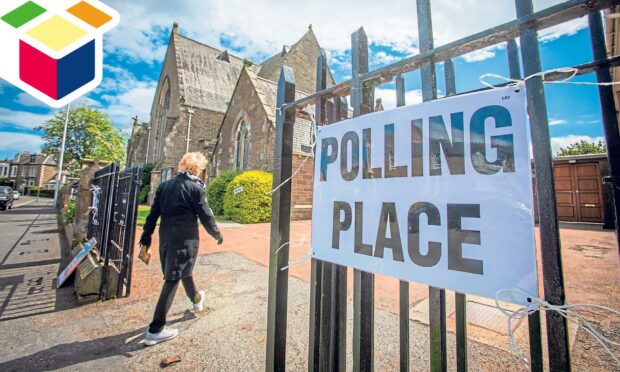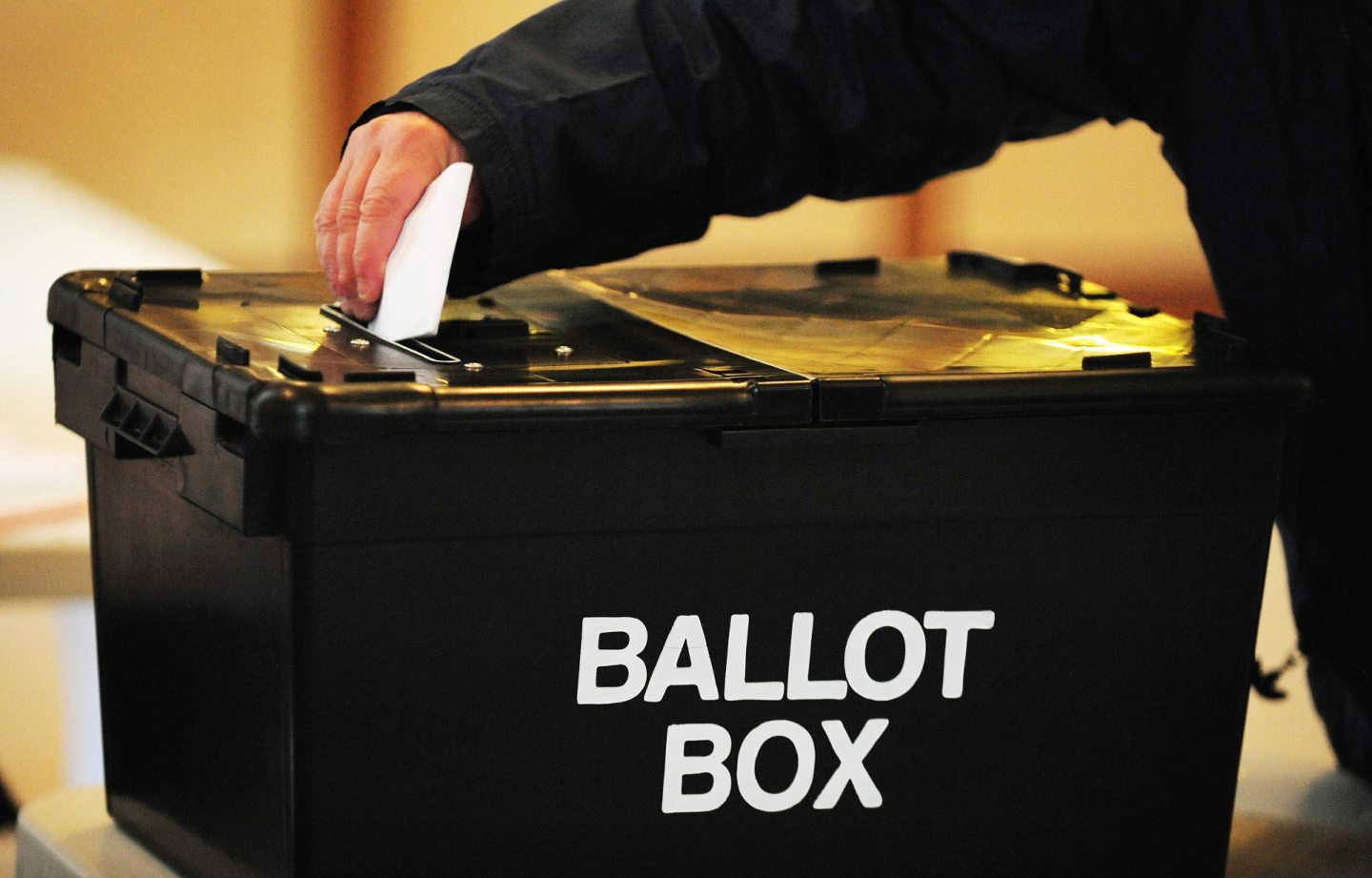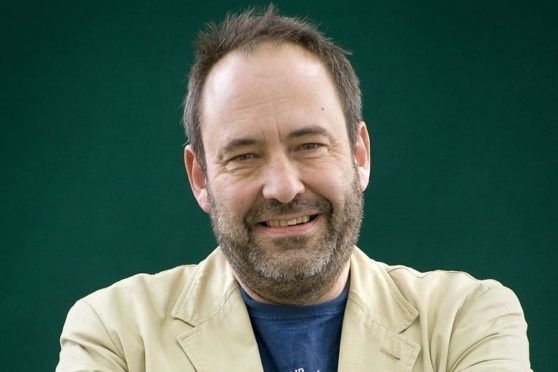Eighteen council candidates were elected unchallenged before a vote was cast in the council elections, sparking concerns about the state of local democracy in Scotland.
Election hopefuls in eight wards were automatically successful simply because there weren’t enough candidates on the ballot.
In some of those areas there were fewer contestants than seats, meaning some posts will remain vacant after the results are confirmed.
And that means costly byelections are already certain following the vote.
The problem is stark in Scotland’s more rural or less populated councils.
Most of the uncontested seats are in the Western Isles, Highland and Shetland local authorities.
There were also shoo-ins for Moray and Inverclyde.
Shetland and Moray local authority bosses both confirmed that the candidates had been officially elected as voters cast their ballots.
Being a councillor frankly looks like quite a horrible job at times.
– Alan Faulds, Ballot Box Scotland
Two Western Isles wards only have a single candidate standing – while another has two people running for just two seats.
A polling expert warned Scotland’s rural councils are too big and local representatives across the country don’t get enough support for the work they do.
‘Councils aren’t valued’
Allan Faulds, who runs the online Ballot Box Scotland site, claimed councils “aren’t valued” and often bear the brunt of cuts.
He said that the size of Highland Council and other remote local authorities is “ridiculous” and can leave voters and potential candidates feeling disconnected.
Councils have been criticised as inaccessible due to low pay with many of them still dominated by older men.
Mr Faulds told us: “Local government isn’t valued across the UK. It’s first in line for cuts.
“Councils in Scotland are famously far, far too big. We’ve got 32 councils for a population of 5.5million. Denmark has 98 for a population of 5.5million.
“Highland is ridiculous. Inverness, Fort William, Wick and Thurso in a single council, and calling that local? Absolutely laughable.
“It’s unsurprising that in these local areas people aren’t going to want to stand for a council that feels distant to them.”
He added: “Being a councillor frankly looks like quite a horrible job at times.”
The problem is getting worse
In 2007 and 2012, votes were able to be held in every single area.
In 2017 just three council wards in Scotland were uncontested.
Now all five political parties in Holyrood were celebrating council wins before a vote had been cast.
Mr Faulds said the situation has improved compared with 2002 when first-past-the-post votes were used instead of proportional voting in multimember wards.
Where are the early winners?
The wards with automatic winners are in Sgire an Rubha, Buckie and Findochty, Inverclyde East, Caol and Mallaig, and Shetland North.
Under-contested seats where a byelection will follow are in North Isles, Barraigh agus Bhatarsaigh, and Sgir Uige agus Carlabhagh.
Scottish Greens hopeful Andrew Baldrey was one of those who benefited from uncontested seats, Caol and Mallaig in the Highlands.
But his local party issued a warning to voters over the “severe lack of democratic interest” on social media.
We are very excited to present to you your newest @scottishgreens councillor, Andrew Baldrey. He will serve the constituents of Caol and Mallaig.
While we are obviously delighted for Andrew, we also want to warn about the severe lack of democratic interest 1/?
— Highlands & Islands Greens (@hsigreens) March 31, 2022
They wrote: “This year, across the Highlands and Islands, there are several unelected councillors.
“This is a democratic warning everyone must hear. Being a councillor is hard work.
“We must reinvigorate local democracy. We must allocate more budget to pay councillors for their work and open up this position to people who must earn a whole salary to provide for themselves and their family.
“We must help our councillors get the work done with extra support. MSPs have money to hire staff. Councillors are expected to do their job alone.”
Tom Morton ‘gain’ for Labour
Broadcaster and journalist Tom Morton was automatically elected for Labour in Shetland North – making his victory the first for the party in this election.
There were no Labour councillors in the local authority in the current session.
‘I wanted to hear views on the doorsteps’
In Buckie and Findochty, newly elected councillor Neil McLennan said he had been looking forward to a contest.
“I was disappointed at not getting out and hearing views on the doorsteps,” he said.
“That’s the point of democracy.”
He blamed the polarised constitutional debate since 2014 for turning people off local democracy.
“We need to return to democracy being about local issues,” the Conservative added.
“I still intend to get out and listen to views despite the lack of a contest.”
He is joined in the ward by a Lib Dem and an SNP councillor.
Mr Faulds pointed out the flaw by claiming the Lib Dems would not have been expected to win against a wider challenge from the larger parties locally.
In Inverclyde East, candidates for the SNP, Labour and Tories were automatically elected.
‘Apathy’ towards councils
Perth and Kinross councillor Xander McDade had initially planned to step down from his role due to the demands of the job before later reversing his decision.
While no seats in his council will go uncontested, he believes Scots in rural areas often feel a lot of “apathy” towards councils.
He said: “I know that many people in my rural community feel that the council is very urban focused and therefore lacks understanding of their needs and aspirations.
“In some of these uncontested wards I imagine that feeling is probably even stronger and sadly it has led to apathy to be involved in the democratic structures.”


